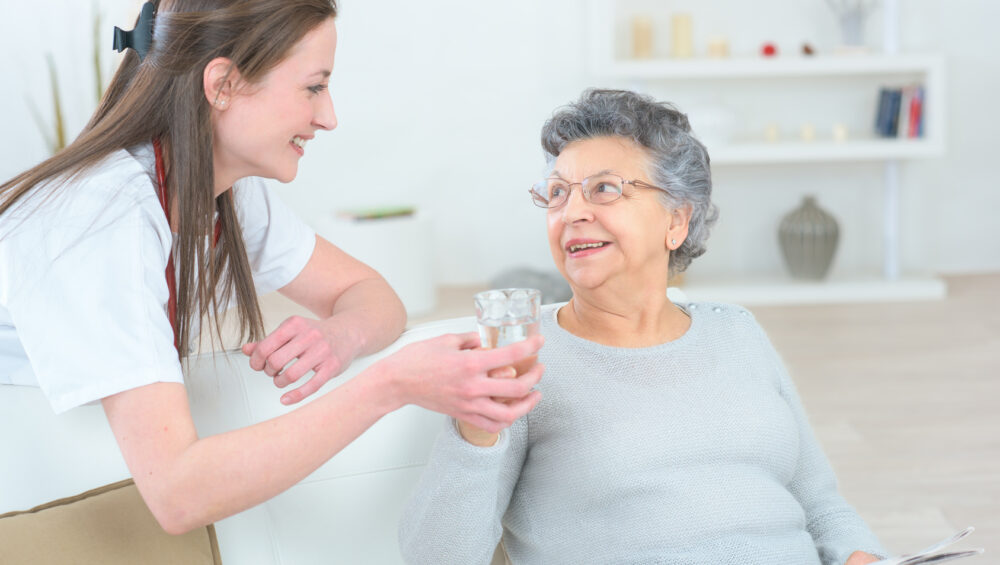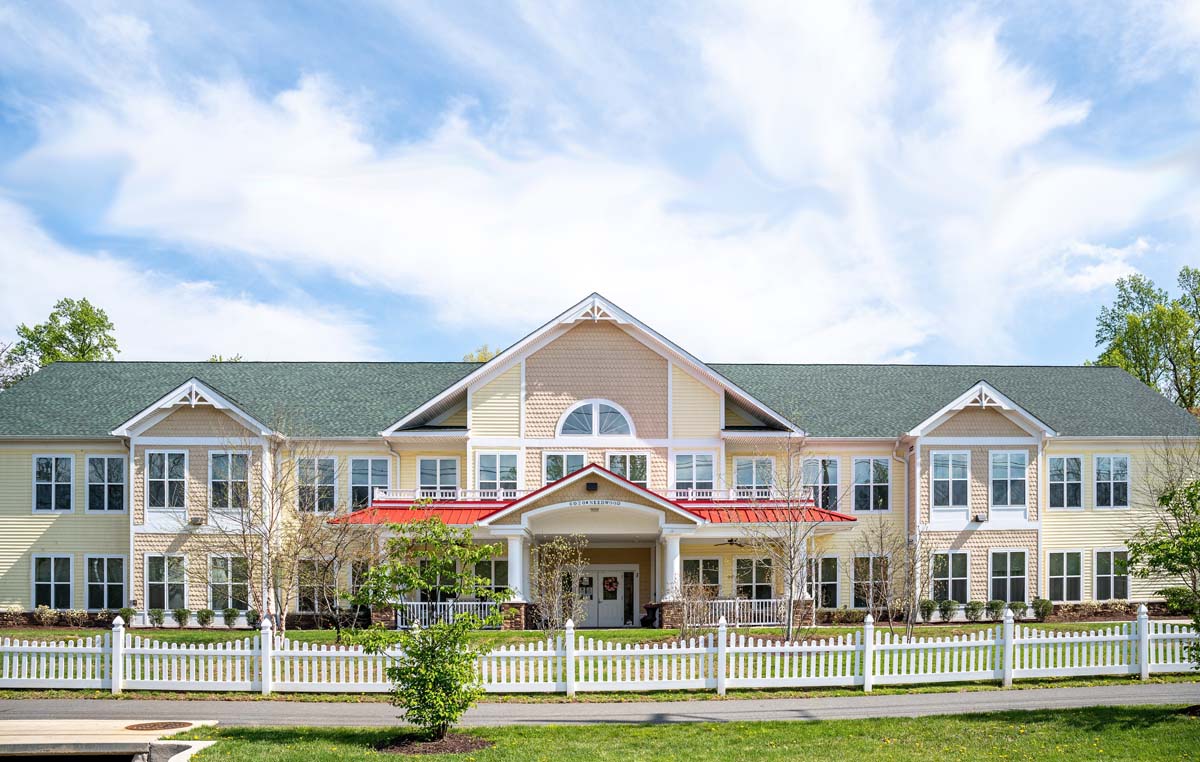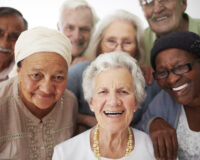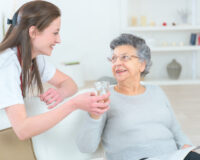Those over 65 years of age are aware of the changes that take place in our body as we age. Our eyesight gets poor, our hearing becomes less sensitive, our muscles lose their firmness, we get tired more easily, our memory is not as good as it once was. However, there is one change that is not obvious, and it occurs without any noticeable outwards signs – this is what makes it dangerous, especially during summer. When the heat causes us to sweat more, and our body’s water supply becomes depleted.
When we get past the age of about 65, our bodies begin to store less and less water. This change is accompanied by our brain’s reduced ability to detect thirst, simply because our brain has become less efficient at doing its job. These two factors put together mean that the elderly tend to suffer from dehydration more frequently than younger people. Added to this the fact many elderly have problems with their kidneys, and this affects the amount of water stored in the body. Many elderly are on several medications, and some of these medications can cause dehydration as a side effect. Thus, dehydration is a very common reason for hospitalization among the elderly.
Of course, elderly need water as much as younger folks do. Enough water is necessary in the body for maintaining the right body temperature, for flushing out toxins and waste products that might otherwise accumulate in the body, and for lubricating the body’s various joints. The amount of water in our body does not remain constant, and as water is lost through sweating and urination, it needs to be replaced. However, in addition to these there are other factors that cause the body to lose water and become dehydrated.
Here are some signs to look for to know whether you are becoming dehydrated, even when you do not feel thirsty: dry mouth, headache, tiredness, lack of energy, sunken eyes, dizziness, muscle cramps, chills, flushed skin, urine that is darker than normal or less frequent than normal. When you become seriously dehydrated, your heart rate will increase significantly; you may feel confused or disoriented; you may have fainting spells; you may have difficulty moving around; and experience prolonged diarrhea or vomiting. Dehydration is a serious problem, since it can lead to heat exhaustion and heatstroke; it can cause seizures as a result of low potassium and sodium levels; it can produce kidney failure or other kidney issues such as urinary tract infections or kidney stones; and in some cases, it can cause a serious drop in blood pressure and low oxygen levels. Some or all of these can be life-threatening to the elderly.
If you are over 65, there are several things that you can do to stay adequately hydrated. Drink plenty of fluids but be careful what you drink. Water is, of course, the best drink, but milk and juices are also suitable for the sake of variety. Keep coffee, tea, soda, and alcohol to a minimum, since these drinks worsen the effects of dehydration. If you have difficulty with remembering to drink and do not feel thirsty very often, you can set reminders, use a timing device to remind you to drink water.
This will ensure that you get plenty of water on a regular basis. If you have an overactive bladder or suffer from incontinence, make sure you have easy access to a toilet.
Veena J. Alfred, PhD., Certified Dementia Practitioner
CEO/Administrator





